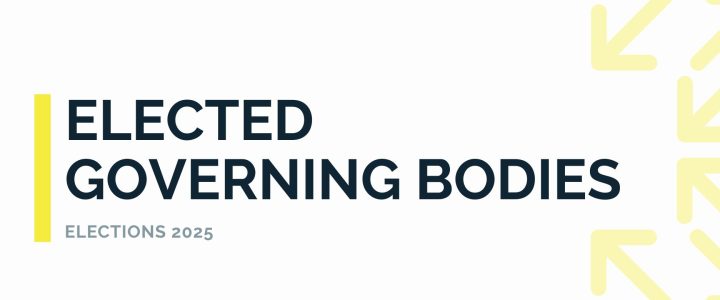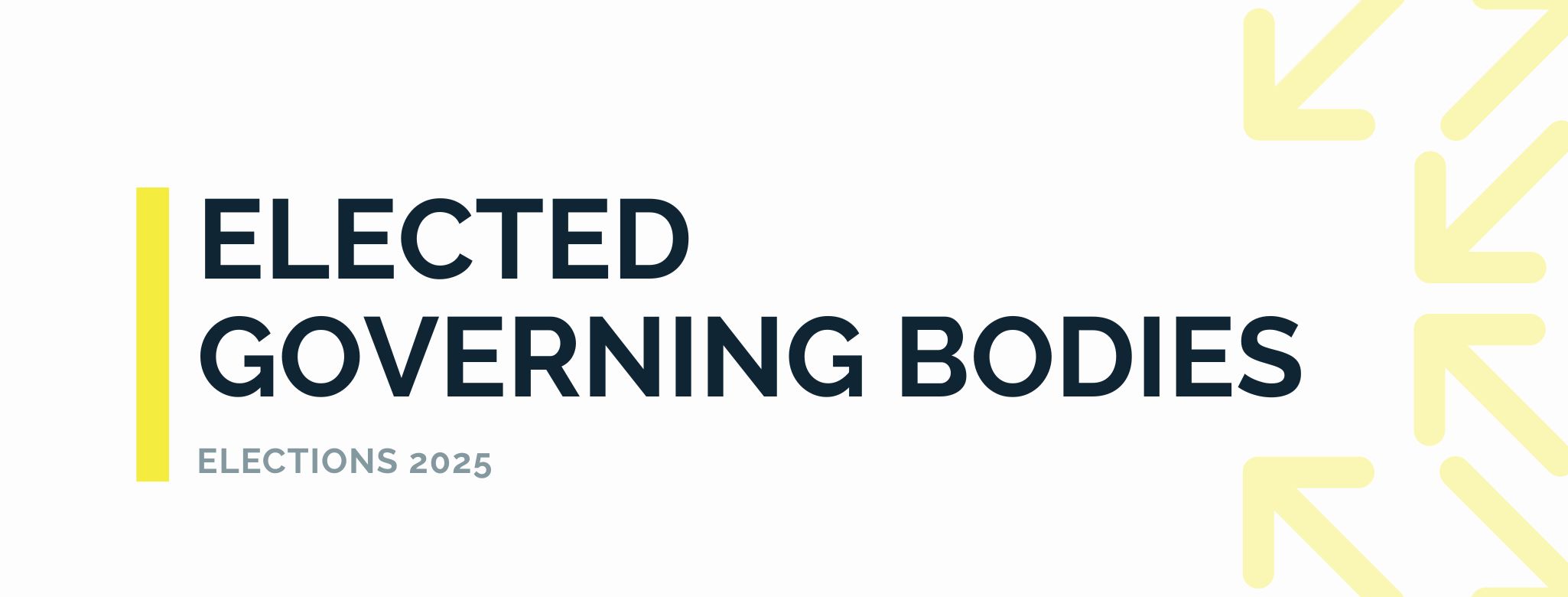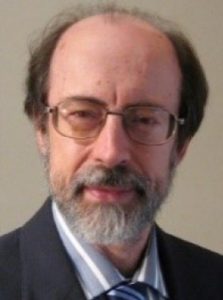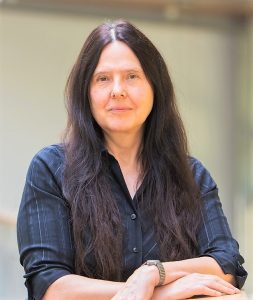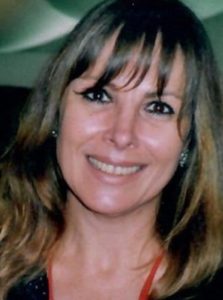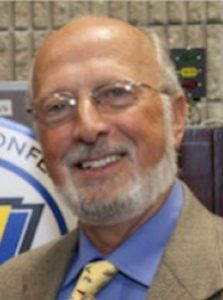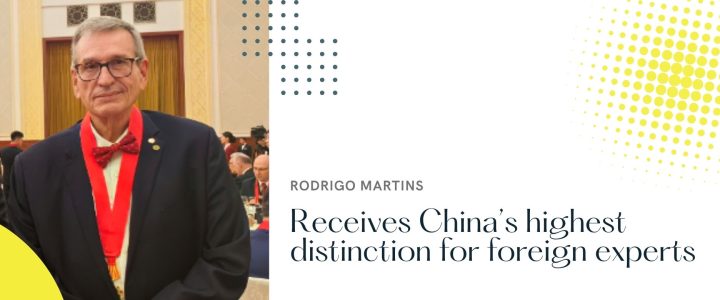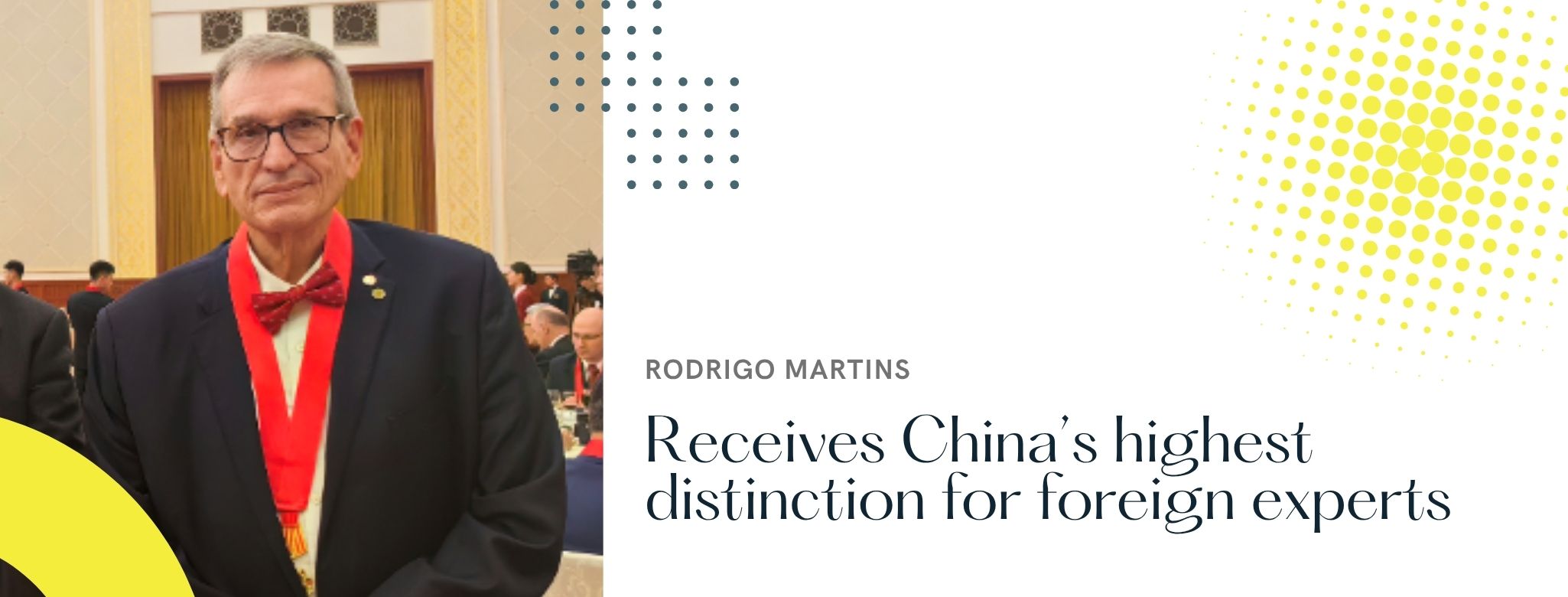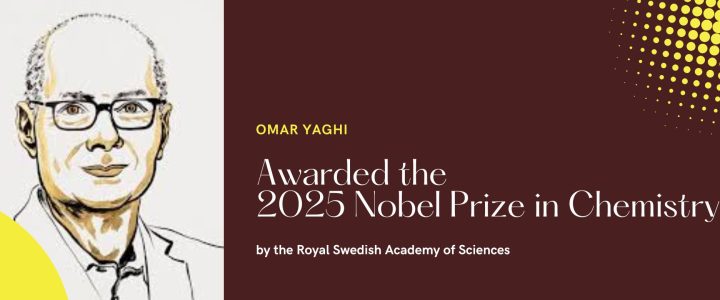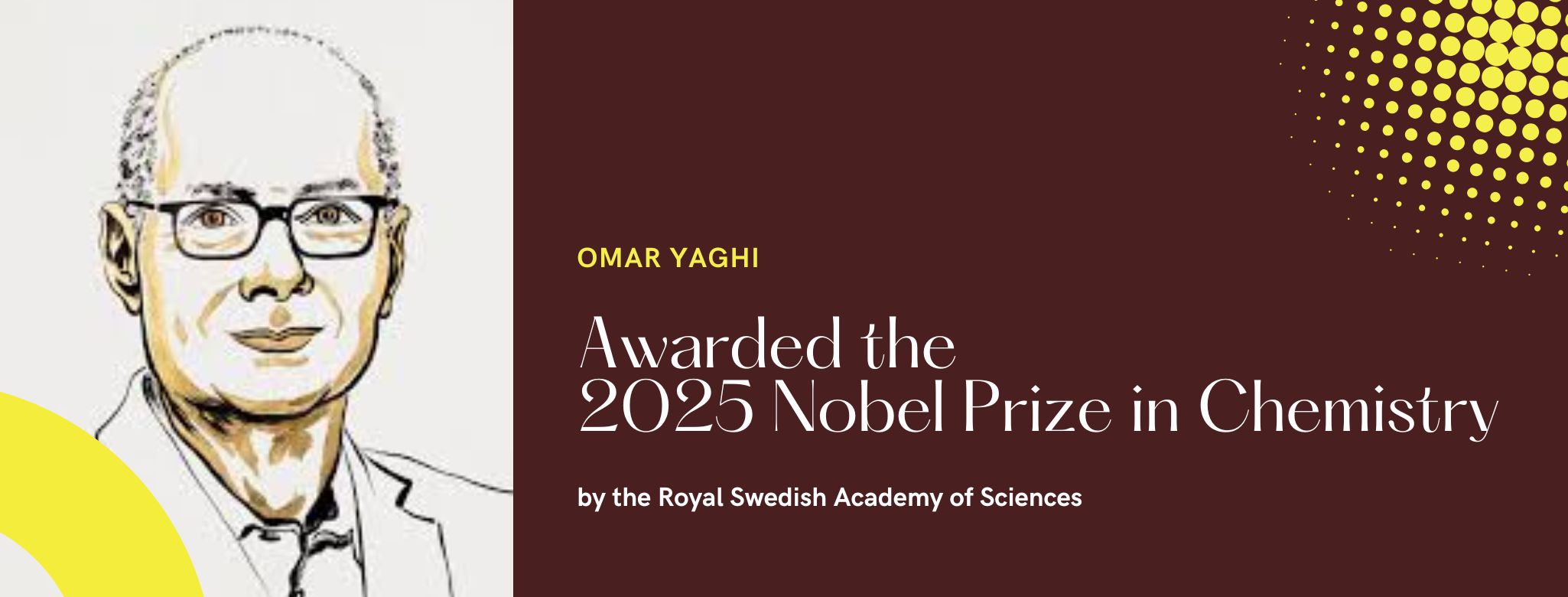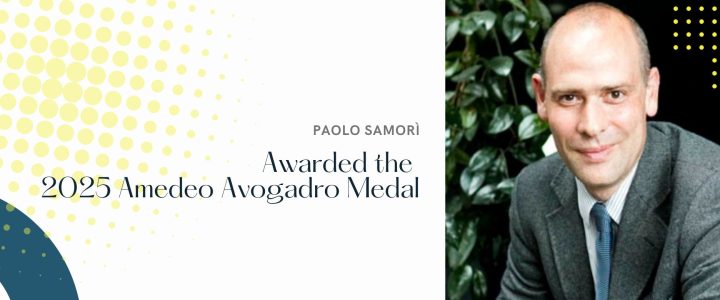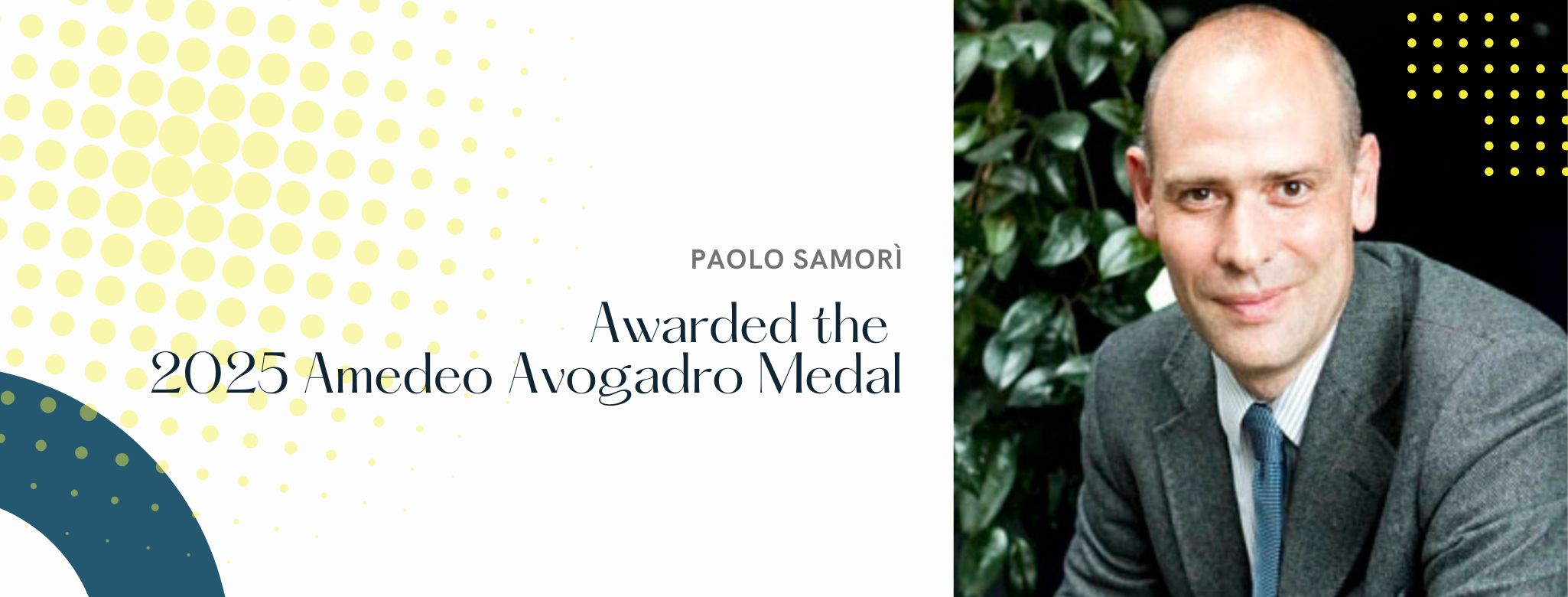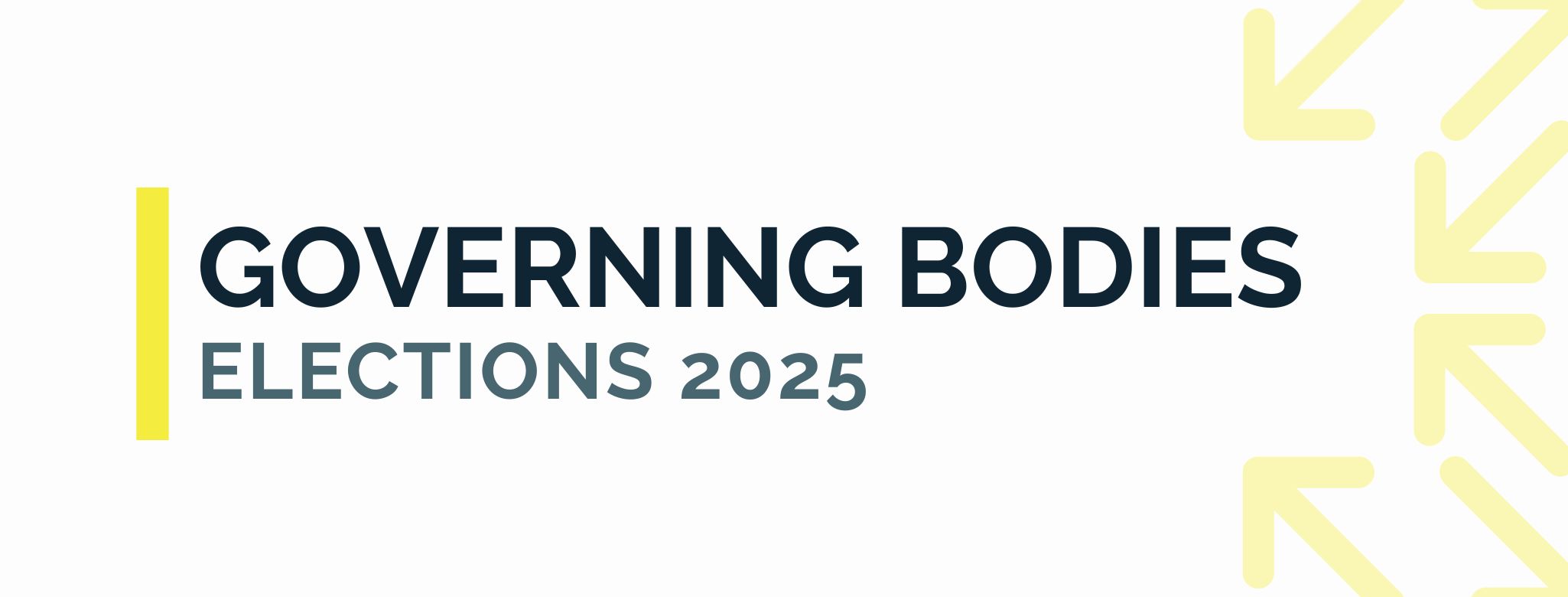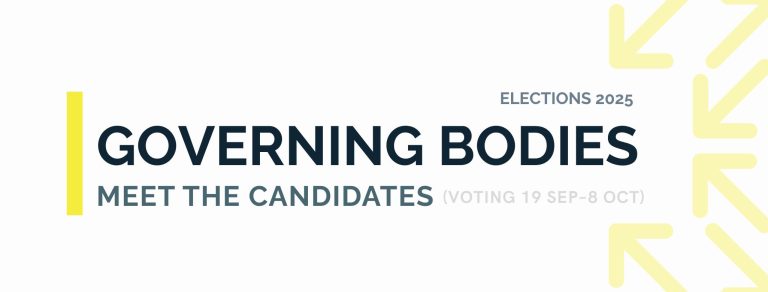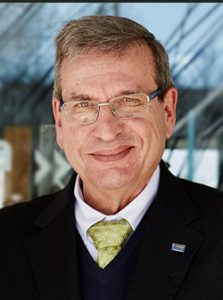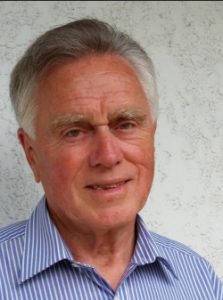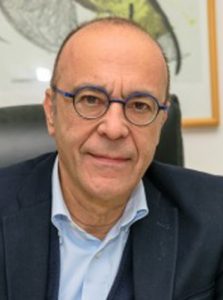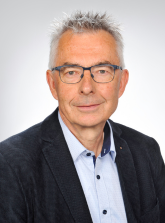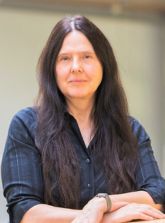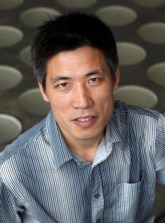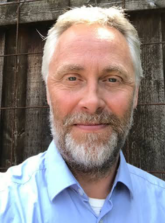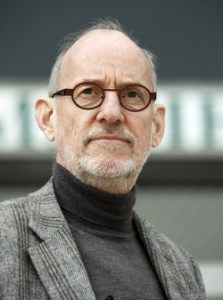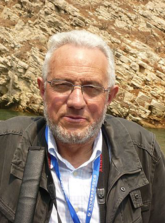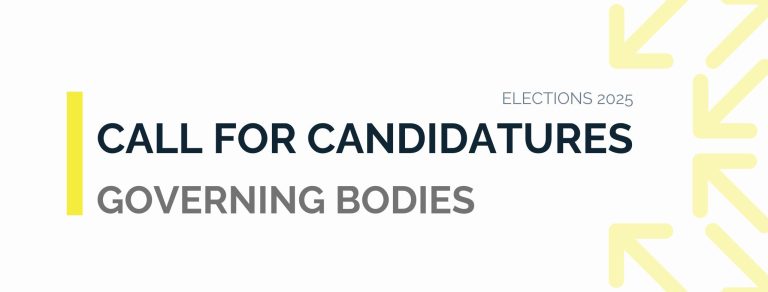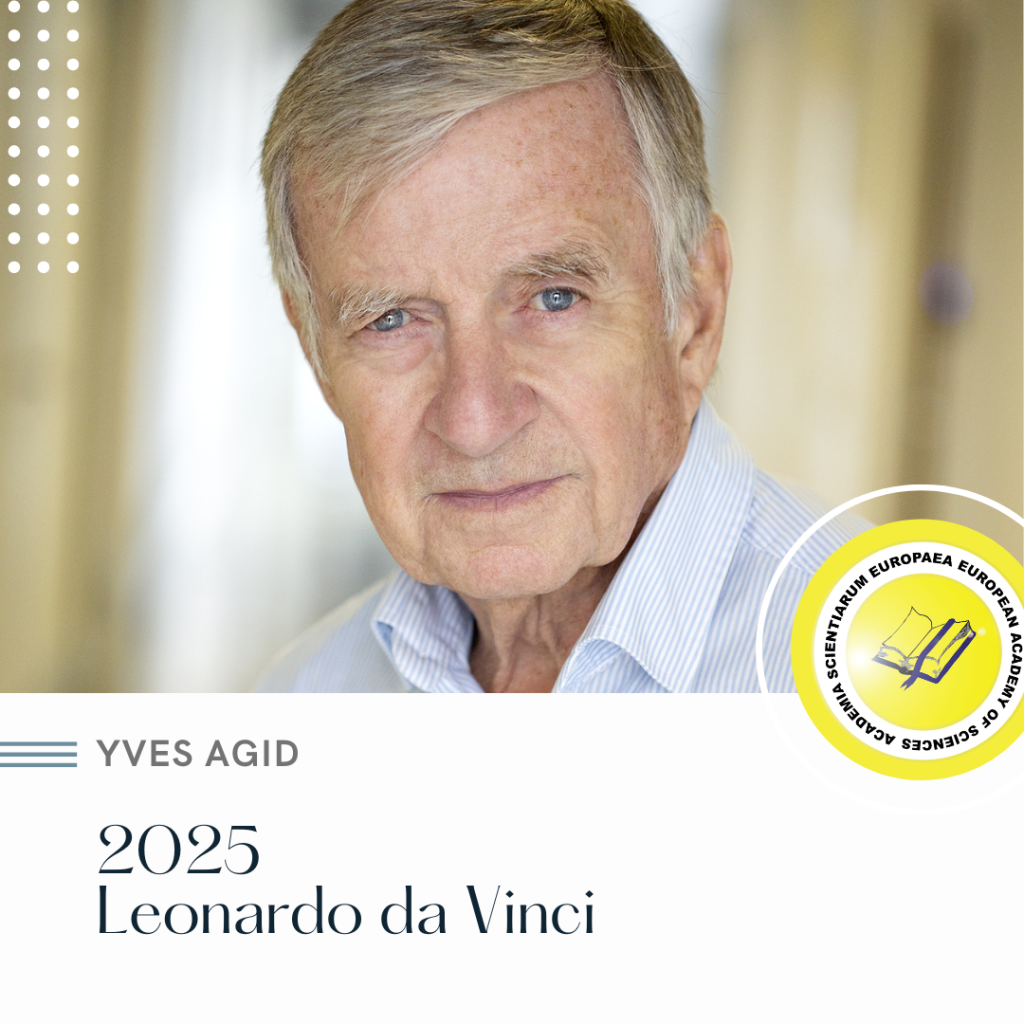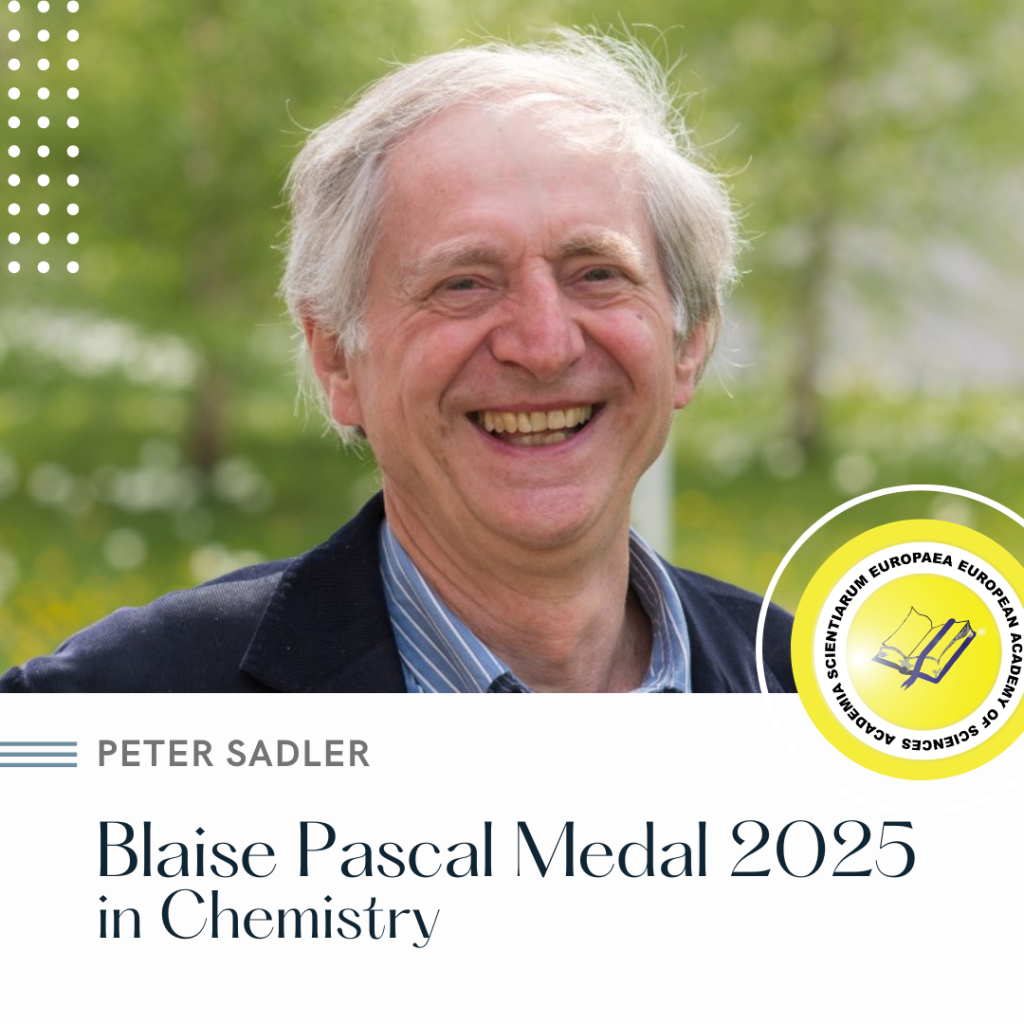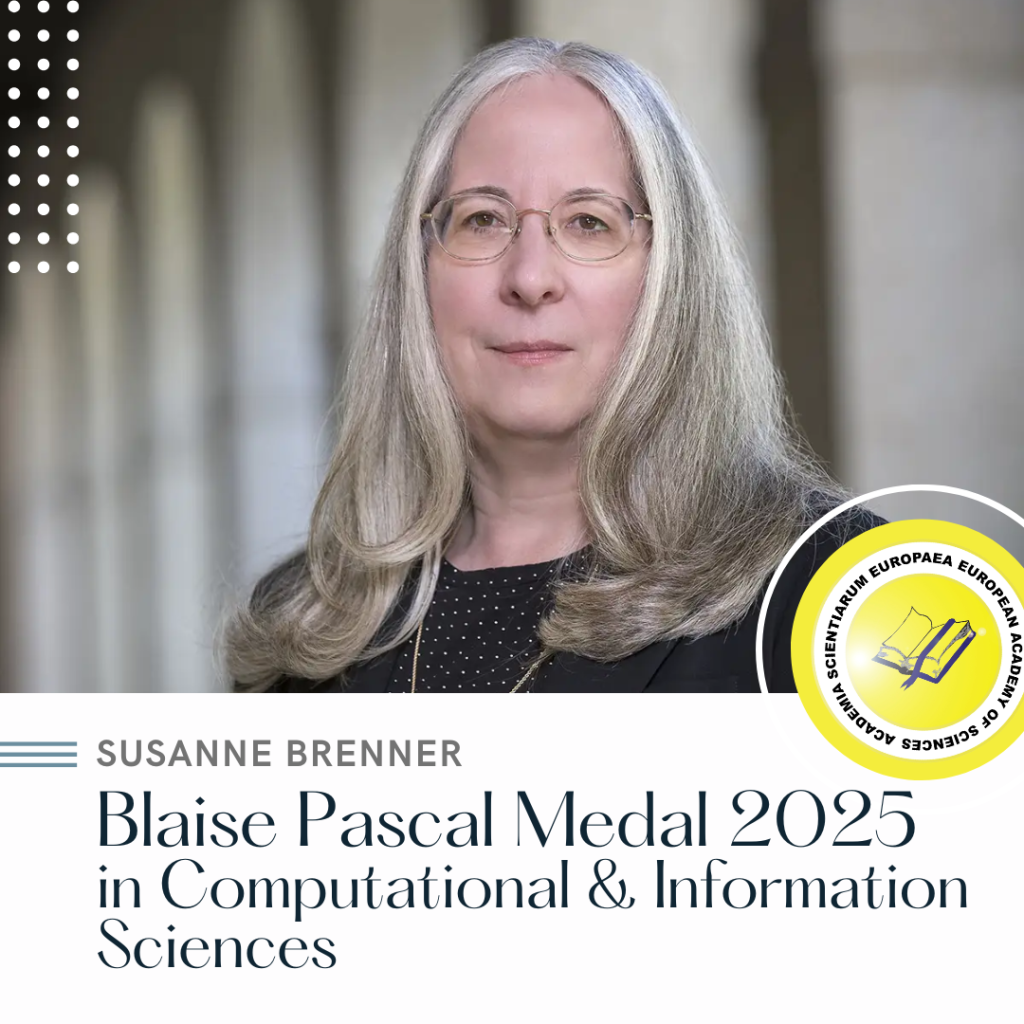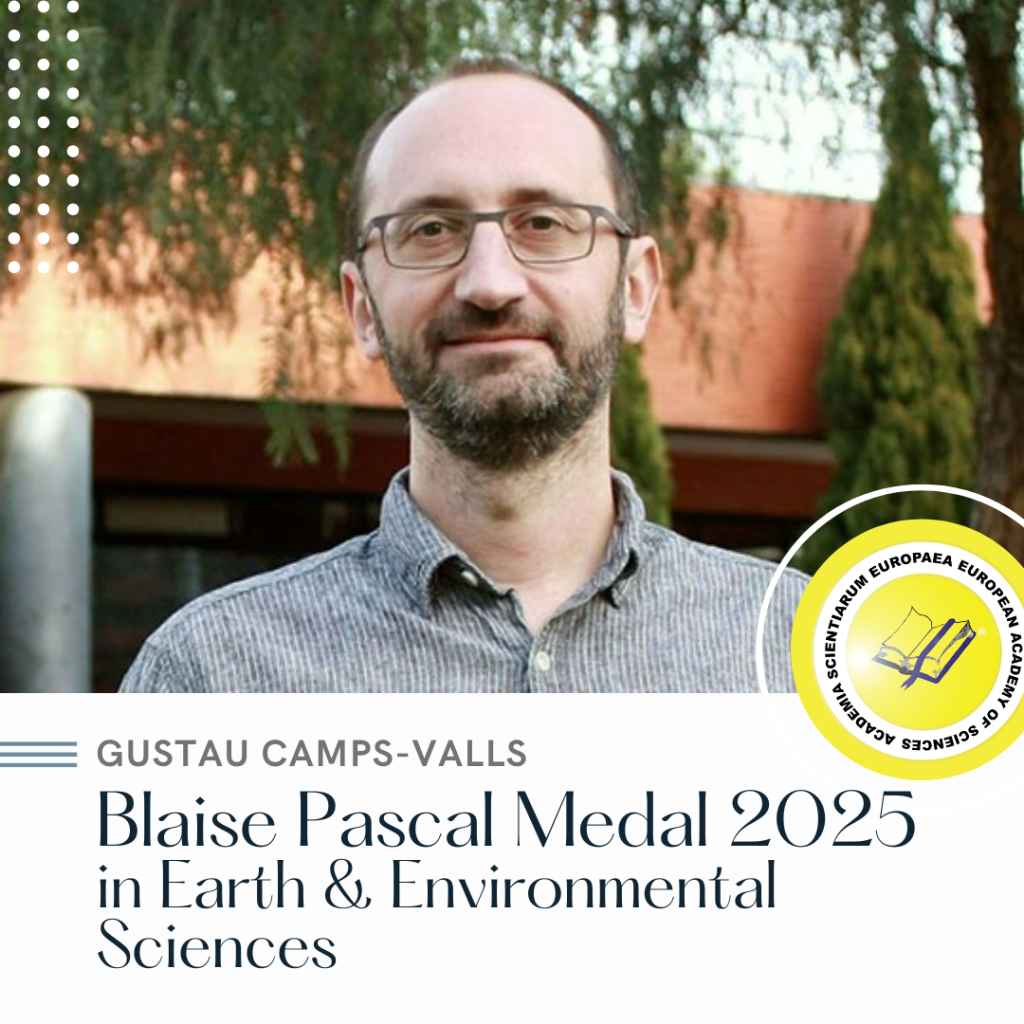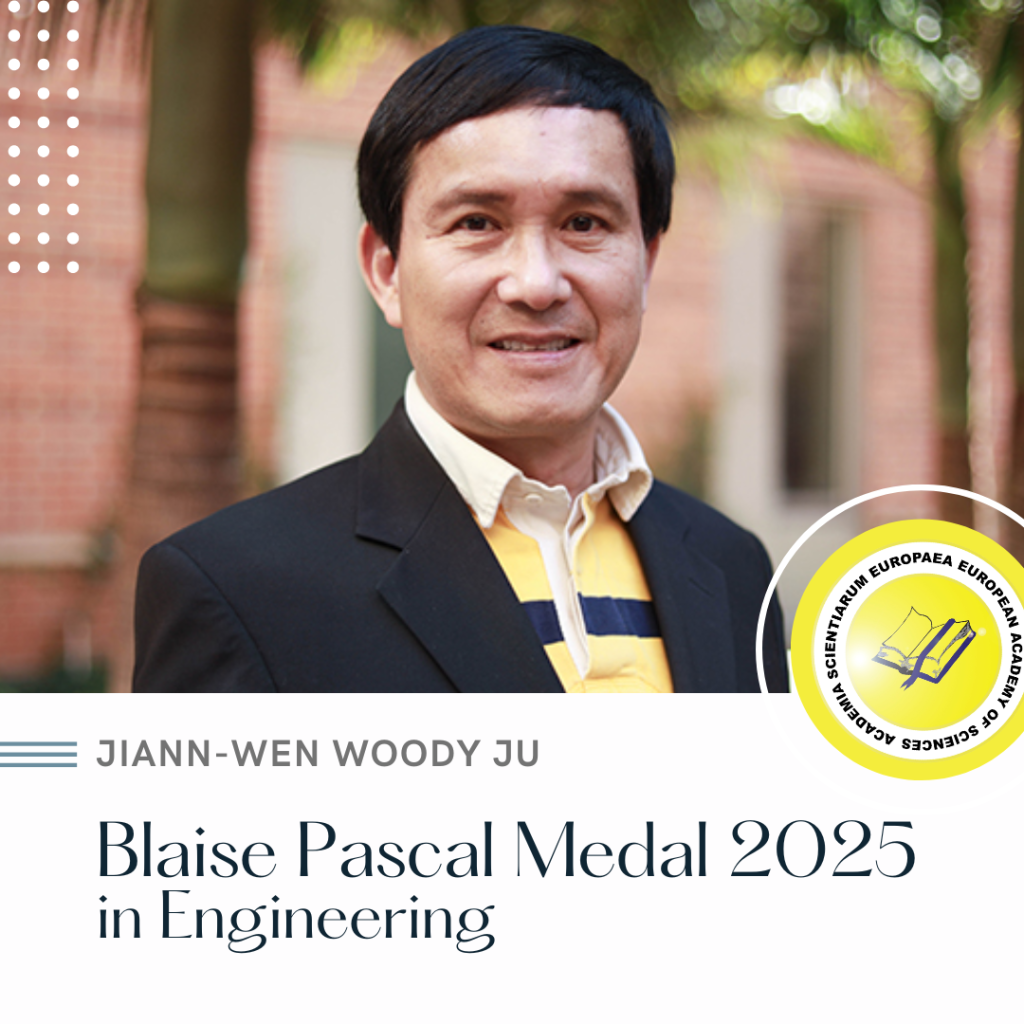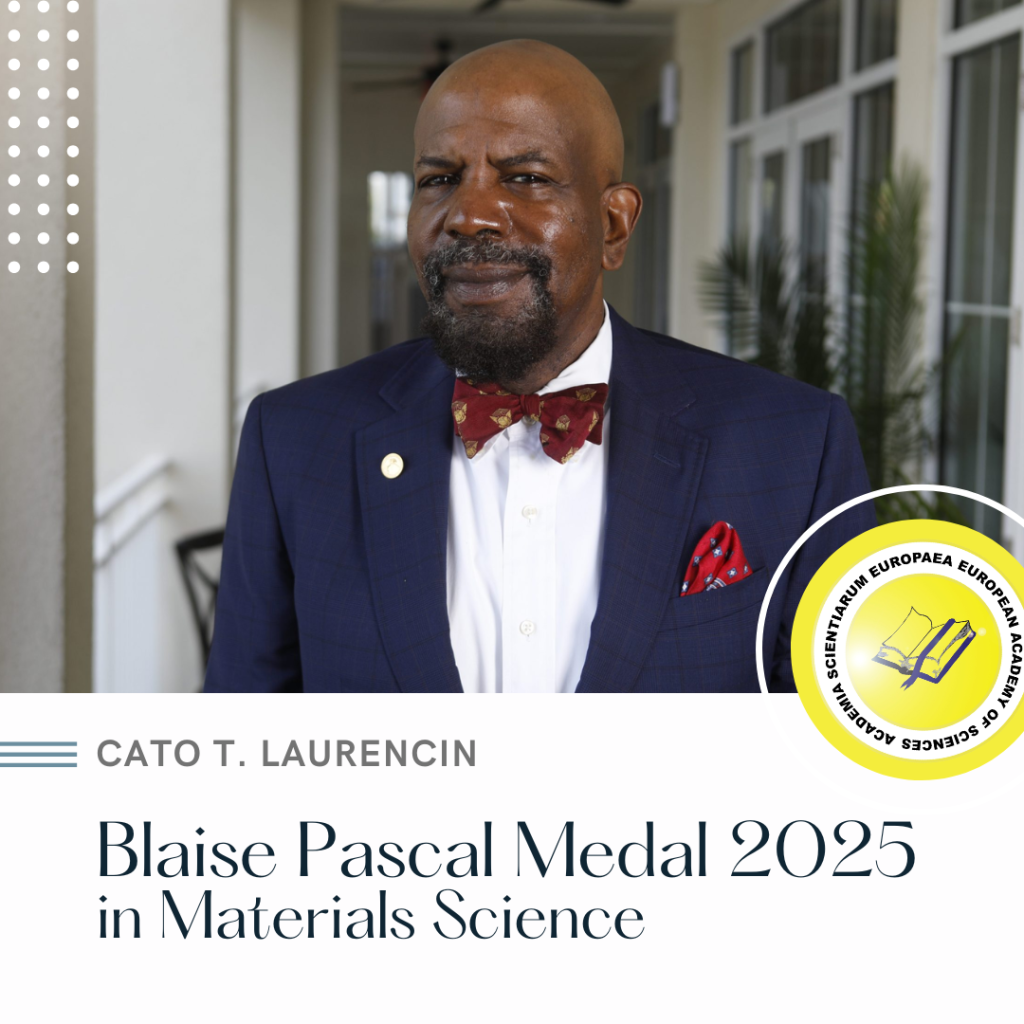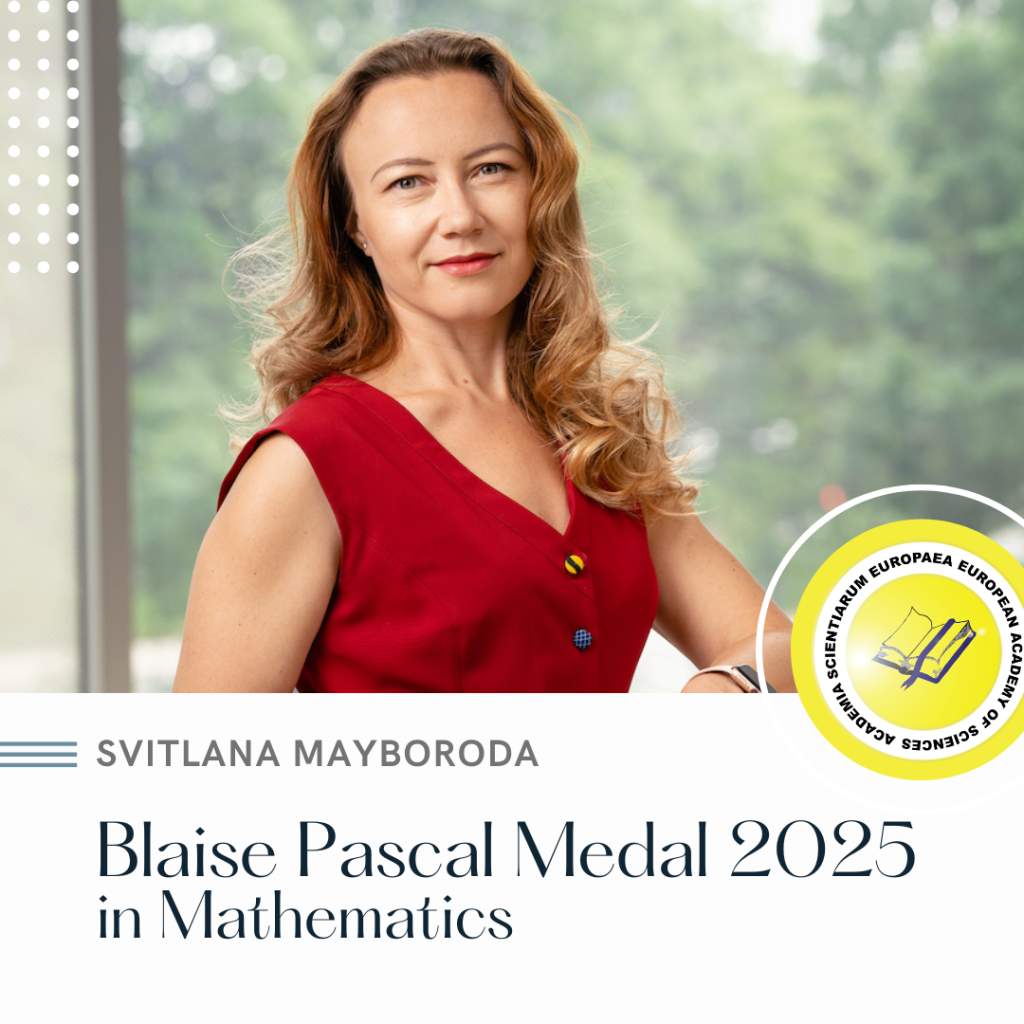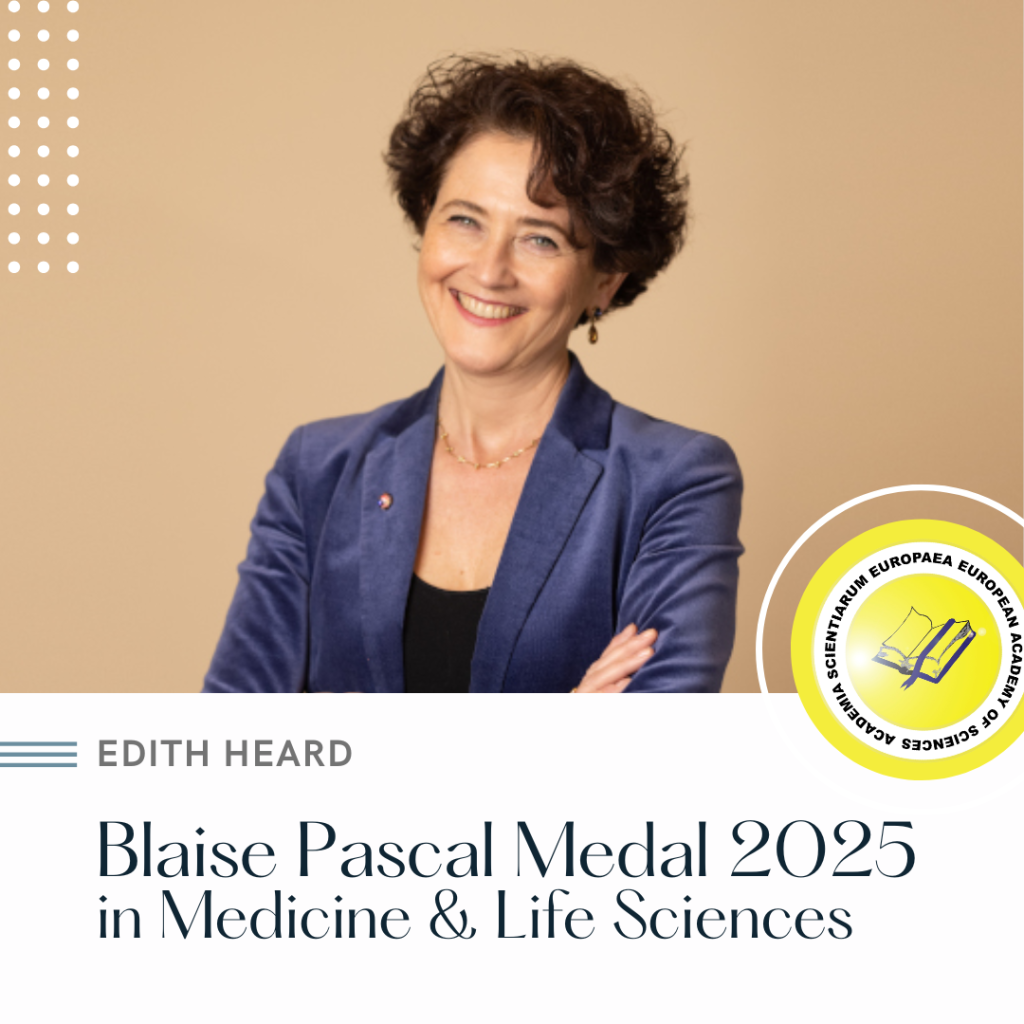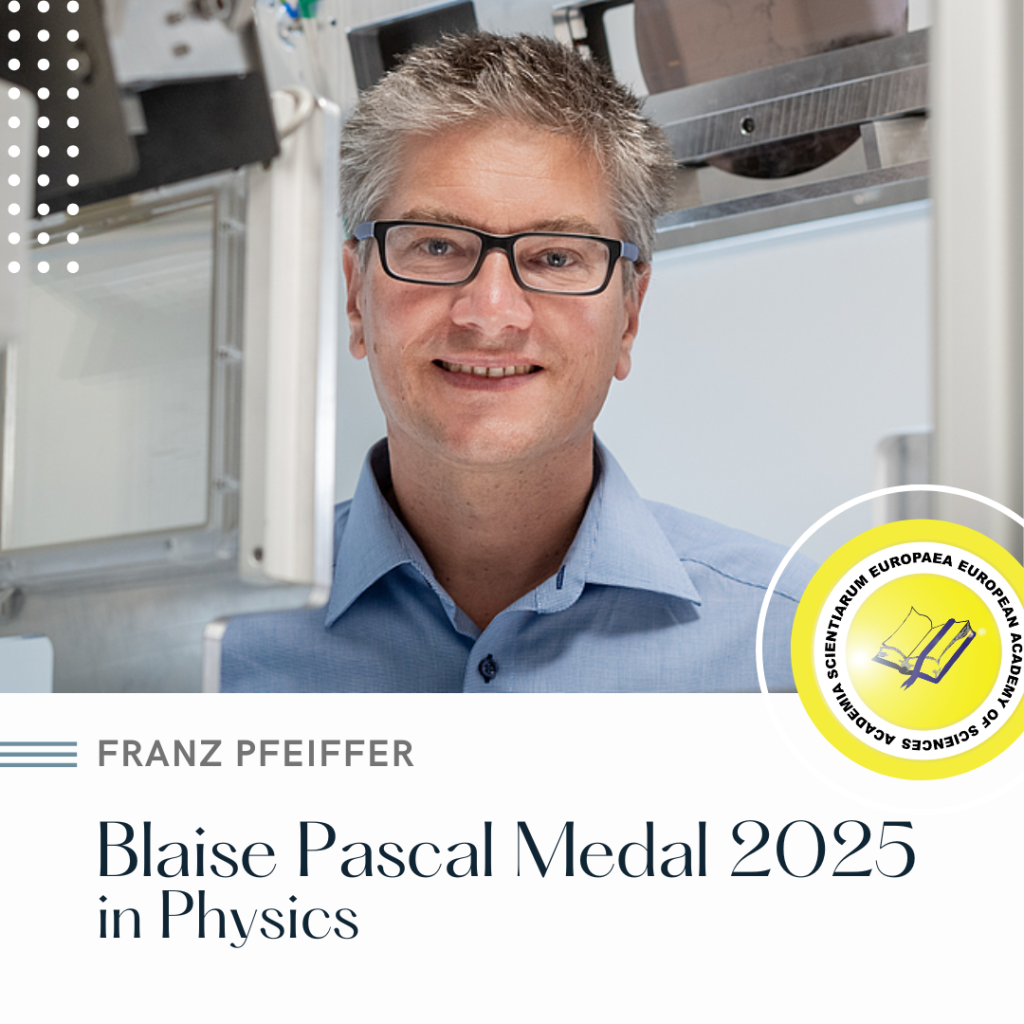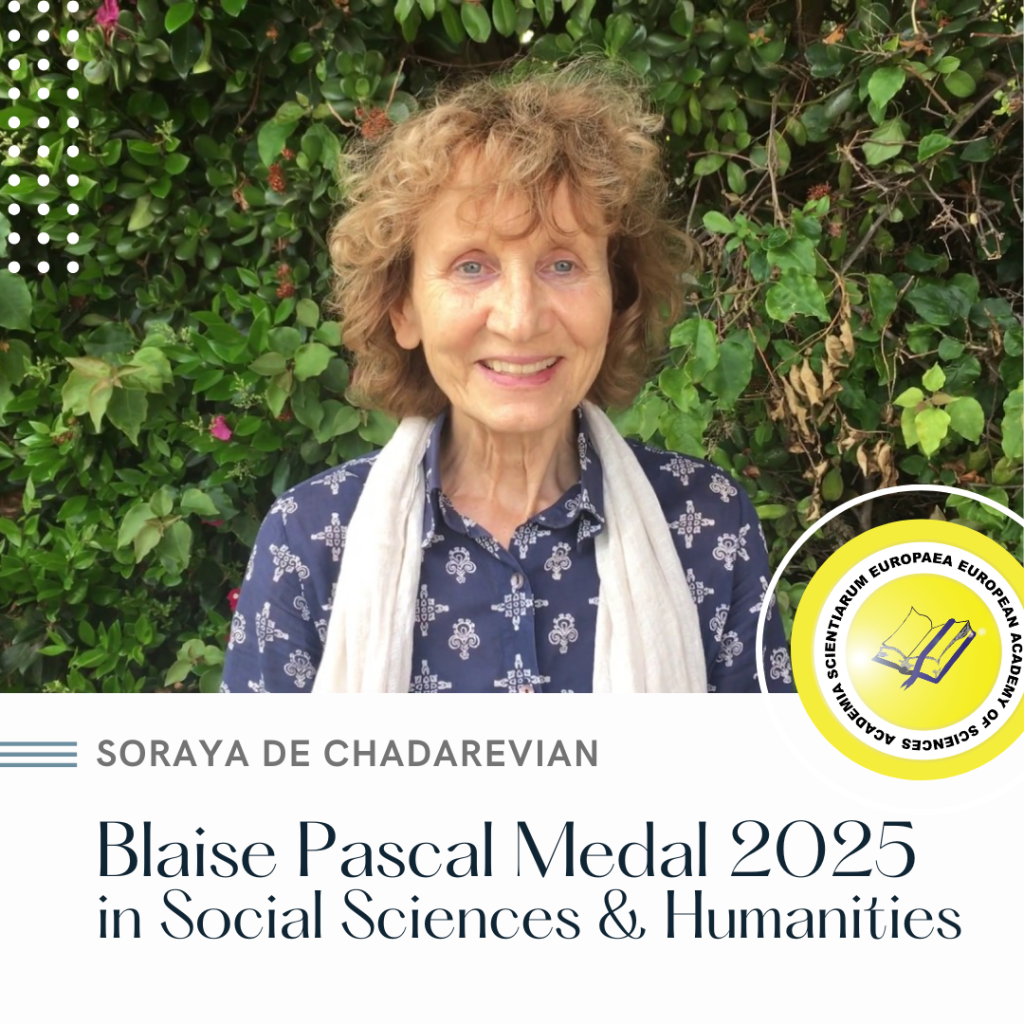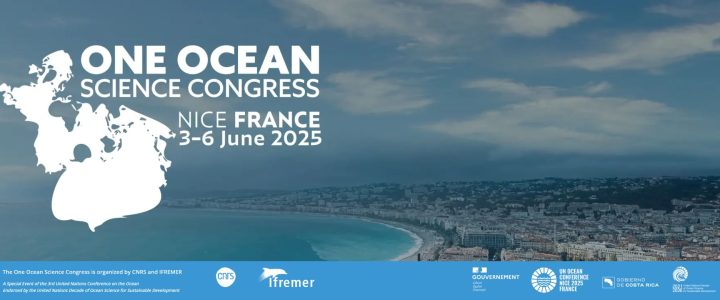
Dear Fellows of the European Academy of Sciences,
First and foremost, I would like to congratulate all of you for your strong participation and the overwhelming support shown in the recent elections for our governing bodies. I especially want to commend the strategy proposed by the President and Vice President, both of whom have been re-elected and have demonstrated excellent alignment and commitment.
We also want to acknowledge the enthusiasm of our Fellows who applied for positions in our presidium. This highlights the outstanding personalities within our community who selflessly offer their expertise to EURASC on a voluntary basis. My sincere thanks go to all of you. For those not elected this time, I look forward to your continued involvement in upcoming initiatives and to receiving your ideas on how we can further improve our society.
To those elected, I count on your active cooperation in making our society stronger. Your engagement is crucial to identify areas for improvement and growth. Remember, we are a European society open to the world, welcoming members from all continents—Asia, Africa, the Americas, and beyond. We must consider how deeply we can integrate and capture members from these regions. This is why the last presidium approved, and we will implement it the Asia Pacific EurASC hub/office.
Additionally, we must align ourselves with those who have contributed significantly to advancing science in Europe and beyond. We are fortunate to have outstanding personalities both within Europe and internationally, whose voices should be heard to help us achieve excellence.
I am pleased to share that a large majority—over 90%—has expressed their support and approval. We are deeply honoured by your trust.
Of course, we need to continue refining our bylaws and statutes. We should consider implementing mechanisms that allow for opposition votes, even in cases where only one candidate stands for election, to ensure transparency and inclusiveness.
As Henry Ford famously said, “Coming together is a beginning, staying together is progress, and working together is a success.” I often reiterate the African proverb: “If you want to go fast, go alone; if you want to go far, go together.” Both summary our idea for our future!
Thank you all. I hope that the elected Fellows will be able to meet in person before Geneva and, if possible, in Lisbon. We will cover accommodation costs, and we look forward to holding our meeting at the Lisbon Academy. To this end, our officers and my secretary are working on it
Sincerely yours,
Rodrigo Martins
European Academy of Sciences, A.I.S.B.L (EurASc)
Fondation Universitaire, Rue d’Egmont 11, 1000 Bruxelles, Belgium

